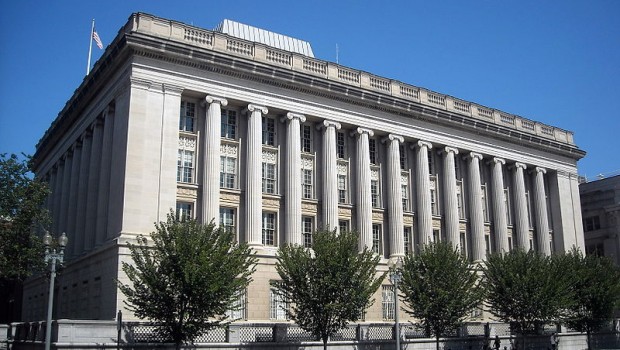The Blind Side: What Happens When an OFAC SDN Comes Off the List?

There are a number of practitioners out there who will tell you that removing an individual or companies name from the List of Specially Designated Nationals and Blocked Persons (“SDN List”) administered by the United States Department of the Treasury’s Office of Foreign Assets Control (“OFAC”) is nearly impossible. That’s simply not true. Indeed, OFAC frequently removes names from the OFAC SDN List. It is, however, difficult, time consuming, and very much dependent on political considerations, back logs at OFAC, and a variety of other reasons. Despite these obstacles it can be done. So what happens when an OFAC SDN is removed from the List? Are there any tell tale signs that allow you to predict when you or your client will be removed from the SDN List?
The answer is not really. For example, last Wednesday one of our clients was removed from the OFAC SDN List. They had been designated several years ago as a Tier II Foreign Narcotics Trafficking Kingpin, however, OFAC found that the basis of the designation no longer existed. So how did we know they were coming off the list? The same way everyone else found out: OFAC issued an announcement on their website. We had no formal indication from OFAC that they were going to be removed, just an announcement on a website. Indeed, we did not get an official letter from OFAC concerning this removal until yesterday, which was five days since the removal, and notice of the removal has yet to make its way into the Federal Register. In short, although we were elated that our clients were removed, we were somewhat blind sided by OFAC’s action.
This is fairly indicative as to how OFAC operates. Don’t expect to get much information from them. Unless they have reduced something to writing and had it published either online or offline, they are fairly tight lipped about what is going on with pending cases, even when you are counsel of record on the matter. As such, when dealing with SDN reconsideration cases, you have to look for certain clues that a decision is forthcoming. In the case of our aforementioned client, we thought that a decision may be imminent when a number of individuals and entities that were linked to our client were removed from the SDN List in December. As a result of their removals, we were able to push on OFAC to release our client from the SDN List since there was no basis for designation once those other parties were removed. OFAC responded accordingly and rescinded our client’s designation.
It’s not always easy to spot such indicators that a decision is forthcoming on an OFAC SDN reconsideration. As such, it is important to keep in mind that when handling a reconsideration case the party involved should always keep an eye open for potential clues of a forthcoming decision and then act accordingly to bring those indicators to the attention of any relevant agencies involved in the reconsideration process.
The author of this blog is Erich Ferrari, an attorney specializing in OFAC matters. If you have any questions please contact him at 202-280-6370 or ferrari@ferrariassociatespc.com.


